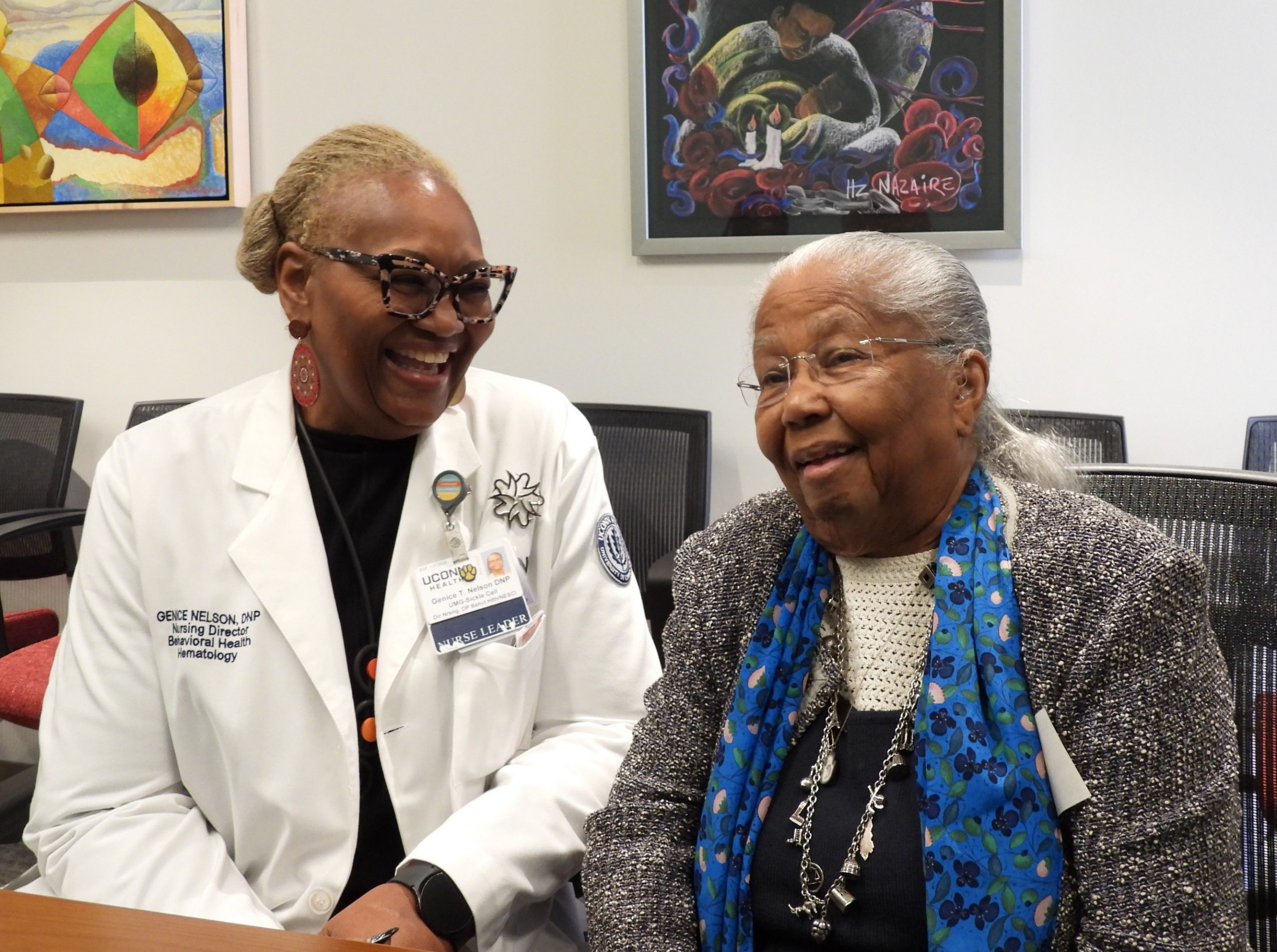
UConn was recently awarded a prestigious National Science Foundation (NSF) grant to create a national research center that will expand the knowledge and use of soft material additive manufacturing- often called 3D printing. The NSF will provide federal funding, which will be matched by industry partners.
The Science of Heterogeneous Additive Printing of 3D Materials Center, or SHAP3D, is a partnership between three universities. The NSF Industry-University Cooperative Research Center grant program encourages collaborative partnerships between universities, industrial partners, and state and federal governments.
As a part of the SHAP3D Center, UConn will collaborate with industry partners interested in expanding the use of soft material additive manufacturing. Chemical and Biomolecular Engineering Assistant Professor Anson Ma, who participates in the chemical engineering program and the polymer program, spoke about the wide range of materials the center will focus on.

“Soft materials include polymers, liquids, gels, foams, granular materials, and biomaterials that are typically found in pharmaceutical, agricultural, and personal care products and have a wide range of applications from flexible electronics to regenerative medicine,” Ma said. “The center will work closely with our industry partners to research new classes of soft materials for additive manufacturing and focus on the integration of soft materials with harder materials, like metals, ceramics, and glass.”
Ma and Materials Science and Engineering Associate Professor Rainer Hebert will lead the SHAP3D Center. In addition to creating new materials with useful properties, the center will actively engage in education and workforce training related to additive manufacturing. As a part of the new center, UConn and the other universities will create a scholarship fund for graduate students. A portion of the scholarship fund will be directed to underrepresented minorities in engineering, which includes African Americans, Hispanic Americans, Native Americans and women.
Ma said that soft materials and their integration with hard materials in additive manufacturing has applications in the aerospace, shipbuilding and biomedical industries. For instance, the transition from a hard, stiff material to a softer, more flexible material is an area that can create challenges across many industries.
“When you start deforming objects containing both hard and soft materials, the hard material will not deform to the same extent, which means there could be a delamination and failure,” Ma said.
Ma said that, through the center, researchers could potentially create a material with a composition gradient to address this issue.
“Instead of going from 100 percent material A to 100 percent Material B, with a totally different stiffness, you could go from 100 percent to 90 percent and so on. With additive manufacturing wherein objects are created drop by drop or layer by layer, it’s more natural to achieve that,” he said.
In addition to UConn, the University of Massachusetts Lowell and the Georgia Institute of Technology will also partner in the SHAP3D Center. Ma said that the UConn center is focused on aerospace, shipbuilding and biomedical industries, leveraging the strong presence of these industries in Connecticut.
To learn about partnering with the SHAP3D Center, contact Assistant Professor Anson Ma.



